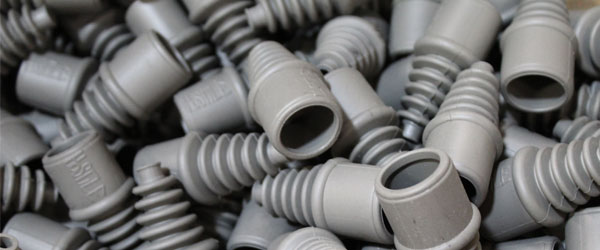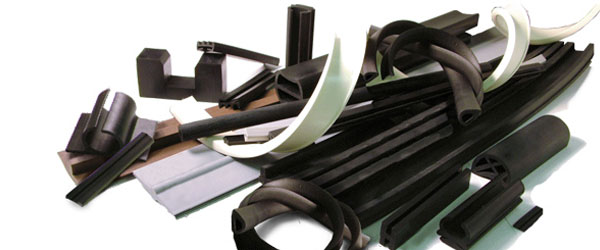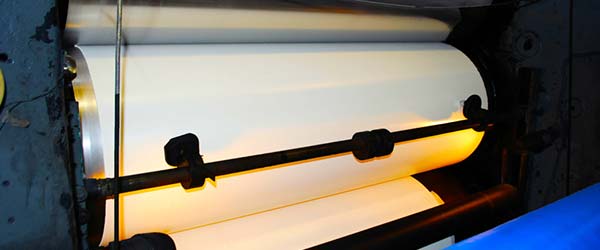The best abrasion resistant elastomer depends on the specific application and the conditions under which it will be used. Here are some commonly used abrasion-resistant elastomers and their properties:
Nitrile rubber (NBR): NBR is a synthetic rubber that is commonly used in industrial applications due to its high resistance to abrasion, oil, and chemicals. It has good tensile strength, elasticity, and resistance to heat and aging.
Chloroprene rubber (CR): CR, also known as neoprene, is a synthetic rubber that is known for its excellent resistance to abrasion, weathering, and ozone. It has good mechanical properties and is resistant to heat, oil, and chemicals.
Polyurethane (PU): PU is a synthetic elastomer that has excellent abrasion resistance and high tensile strength. It is used in applications where high wear resistance and toughness are required, such as conveyor belts, wheels, and seals.
Fluoroelastomers (FKM): FKM is a family of synthetic elastomers that have excellent resistance to high temperatures, chemicals, and oils. They also have good abrasion resistance, making them suitable for use in harsh environments.
Silicone rubber (VMQ): VMQ is a synthetic elastomer that has excellent resistance to high temperatures, ozone, and weathering. While it is not as abrasion-resistant as some of the other elastomers listed above, it is still used in applications where high-temperature resistance is required.
It is important to consult with a materials expert to determine the best abrasion-resistant elastomer for your specific application. Factors such as temperature, pressure, and the type of abrasive material involved can all affect the performance of the elastomer.
 (909) 987-1774
(909) 987-1774 Email Us
Email Us







